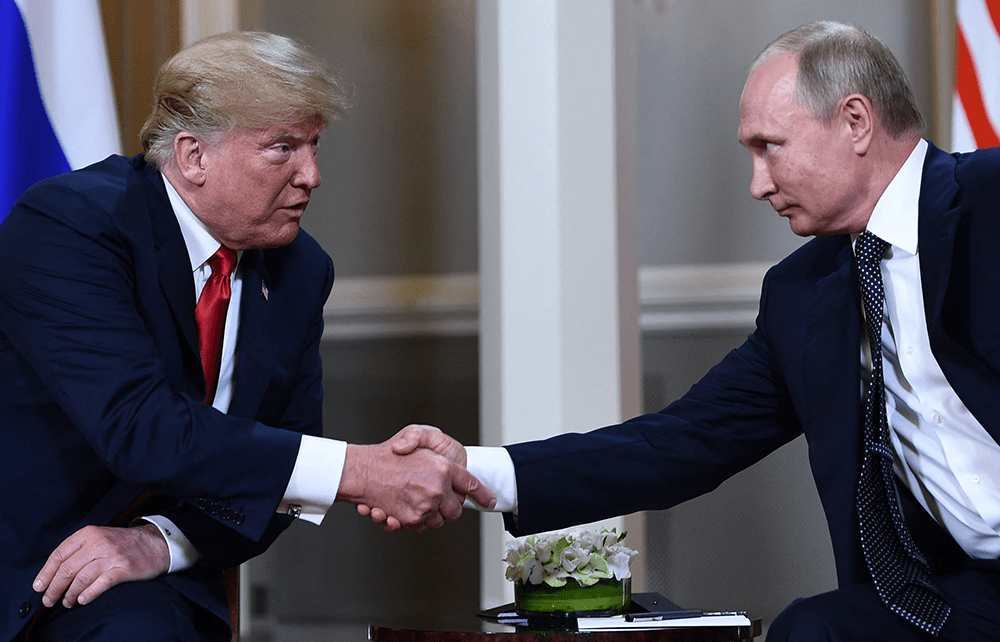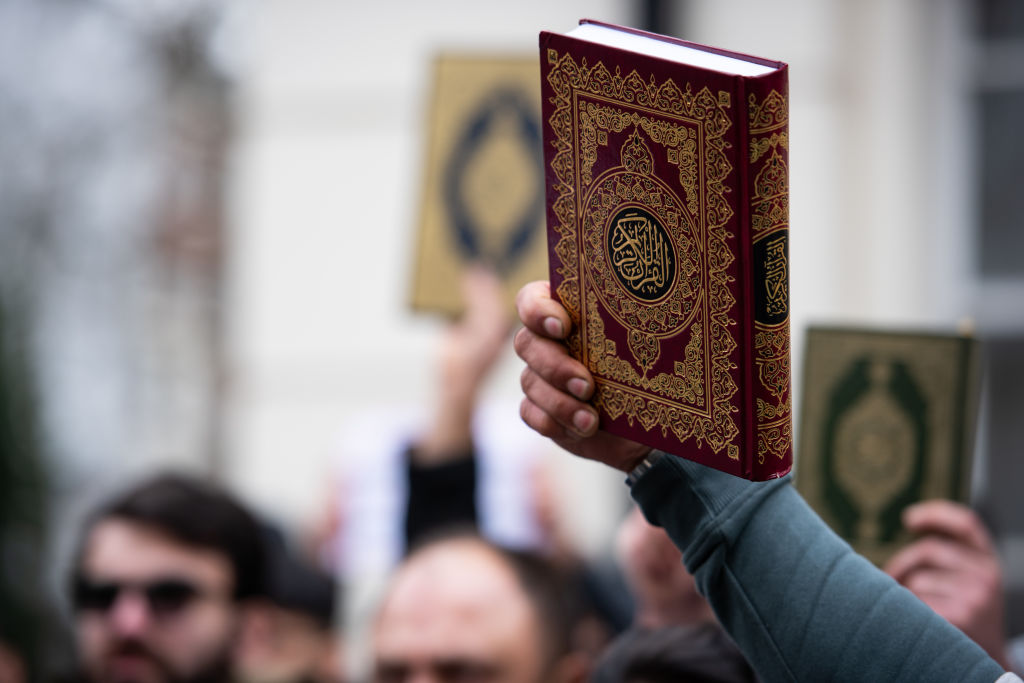Last week at the Buxton International Festival I joined a big audience for an onstage interview with Anna Reid. She’s a writer who specialises in Eastern European history, was once the Economist magazine’s correspondent in Ukraine, and made her name with a brilliant book, Borderland, which was both a portrait, a history and an appreciation of that country long before it entered the western public consciousness. It’s still worth reading today.
But at Buxton she was introducing her latest book, A Nasty Little War: the Western Intervention into the Russian Civil War, which opened the eyes of many in the audience (including me) to an almost forgotten but serious and grisly conflict straddling the end of the first world war. The Allies, led by Britain and France and including the United States, tried to snuff out Lenin’s Marxist ascendency. The adventure was a military disaster (the White Russian forces, which we supported, being incapable of seizing control) and a political embarrassment.
The hatred, rage and distrust Ukrainians feel towards Putin’s Russia is impossible to overstate
This is perhaps why I (and perhaps you?) had never heard of this war. Won or lost, we British are inclined to forget conflicts (the Boer War? The whole of Irish history) that were not our finest hours. But Reid had wider and deeper thoughts to convey, too, about Russian history and Russia’s world view today. She was asked, of course, about the present Ukraine war, and over a drink with her afterwards I pursued this. What kind of a peace was achievable?
Anna’s is not a crudely death-or-glory view but her love for Ukraine is strong and her sympathy with the Ukrainian cause is total; it’s fair to say she doubts an enduring peace is achievable while Vladimir Putin is in charge. Whatever the terms of a deal (she thinks), Putin could not be trusted to honour them. That’s a view I’ve encountered very widely in Britain, and I encountered it too when I was in Ukraine for the Times earlier this year. The hatred, rage and distrust Ukrainians feel towards Putin’s Russia is impossible to overstate. Many find it impossible to contemplate any settlement with him and believe, as I think Reid does, that whatever its terms, he would sooner or later break them and come back for more.
With the greatest of respect for Reid’s superior knowledge and her deep understanding of the mentalities on both sides of this conflict, I disagree. Probably the time has not yet arrived for western leaders to be talking openly about a settlement – and were a settlement finally to be agreed, it’s entirely possible that Putin might later try to wriggle out of it. But I think talk of absolute victory and the crushing and presumably removal of Putin may be unrealistic and – worse – dangerous. Animals are at their most dangerous when cornered.
As I’ve argued on these pages before, there will in the end have to be an armistice, and there will have to be terms. If not, what – from the comfort and security of our own armchairs – are we saying? That this war must continue until Putin is run into the ground and destined for conviction at a war-crimes tribunal, and Russia produces a government more to our taste? Is this realistic? Is the humiliation of the Russian people who have been persuaded (by lies, but lies they believe) of the justice of their cause really in the interests of international stability? Will Ukraine thereafter be the more secure, with its great neighbour still bruised and angry?
It’s true that we pursued Hitler to his death, but he did not possess nuclear weapons, and the Allies were content and ready to administer Germany after removing him; but we left the Emperor Hirohito in post after the Japanese surrender, judging (correctly) that he could prove a stabilising force: we did not prosecute him for war crimes. To leave Putin no exit save by overthrow, humiliation and dishonour risks prolonging a war in which hundreds of thousands have died on both sides and destabilising Volodymyr Zelensky’s position when he begins to run out of men willing to die in the trenches; while Ukraine’s post-victory future would be burdened by administering territory in the east, and also Crimea, millions among whose Russian-speaking populations remain sympathetic to Moscow.
I just don’t see it. So I have a confession to make. I don’t think Donald Trump’s boast that he could make a deal with Putin is implausible. This gives rise to two questions. First, what kind of a deal? And secondly, can we be confident Putin would honour it?

The deal would be land-for-peace. How much of the east this would include would be up for negotiation, but it would probably have to include Crimea, strategically vital to Russia’s Black Sea fleet, and not historically part of Ukraine anyway. I do believe many Ukrainians are reconciled to letting Crimea go, if this brought lasting peace and security. Which bring us to the more difficult question. Could Ukraine thereafter trust Putin?
Of course not. He’s a fantasist and a liar, with a passionate belief (however crazy) in the nobility of his cause. So any deal would have to be accompanied by western military guarantees to uphold the borders of the new, somewhat shrunken, Ukraine. Such guarantees would have to be the bedrock of the deal, and framed in terms so clear and strong as to make them believable both to Ukrainians and to the Kremlin. Washington and the other members of Nato would have to be profoundly and publicly committed to the upholding of the deal, if necessary by force.
I believe the reason any land-for-peace deal has not yet commended itself to most Ukrainians is that they don’t believe it would stick. If they did, if they could foresee their country permanently entering the western sphere of influence, close to (or even in) the EU, their security underwritten by (if not as members of) the Nato Alliance, I think they would take an offer like this. And, though it sticks in my throat to say this, Trump might be the president to make it.








Comments